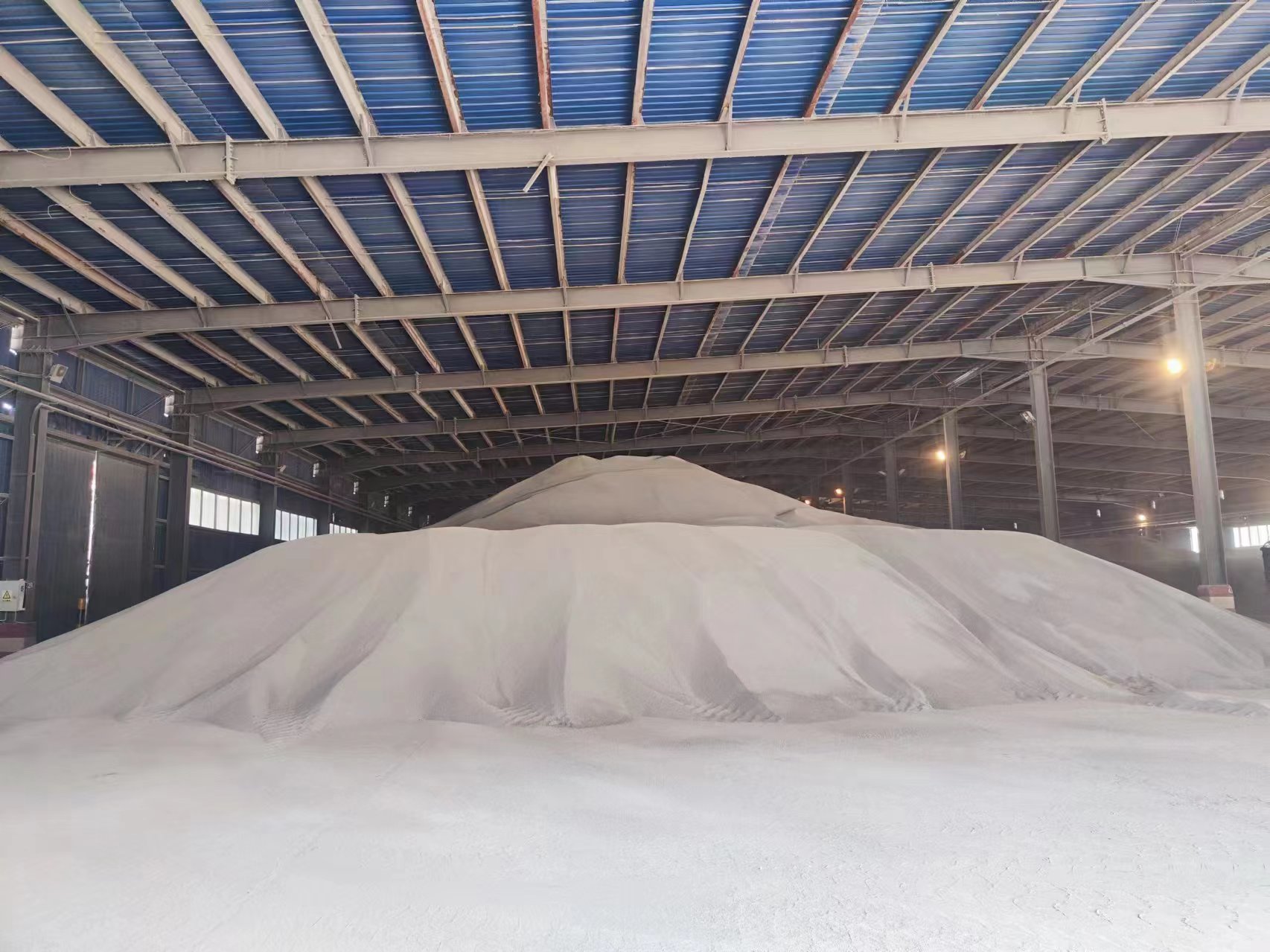.jpg?x-oss-process=image/resize,h_400,m_lfit/format,webp)
As global agriculture faces many challenges, improving food production and quality has become an urgent issue to be addressed. As an emerging agricultural technology, crop yield enhancers are gradually attracting market attention. This article will give you an in-depth understanding of the basic principles, application technologies and significant impacts of crop yield enhancers on agricultural production.
Crop yield enhancers are a type of product designed to increase crop productivity by improving the crop growth environment, promoting nutrient absorption, and enhancing plant stress resistance. From a physical, chemical, and biological perspective, crop yield enhancers often contain organic and inorganic ingredients that can effectively increase crop growth rate and yield.
.jpg)
With the continuous advancement of agricultural technology, the research and development and application of crop yield enhancers are becoming more mature. For example, enhancers using nanotechnology can be absorbed faster and better by plants, while reducing the pollution of fertilizers to soil and water sources. In addition, the development of biological agents makes crops more drought-resistant and disease-resistant, thus saving farmers a lot of time and cost.
.jpg)
In some areas of my country, the application of crop yield enhancers has achieved remarkable results. Some cases show that by applying a certain enhancer in wheat planting, the yield can be increased by up to 20%. This effect not only allows farmers to obtain higher returns, but also strengthens their confidence in the continued use of agricultural technology.
.jpg)
In the future, with the global attention to food safety and sustainable agricultural development, crop yield enhancers are expected to have a broader application prospect. Through the scientific and rational application of these enhancers, farmers can not only improve the yield and quality of crops, but also gain an advantage in the increasingly fierce market competition.

.jpg)